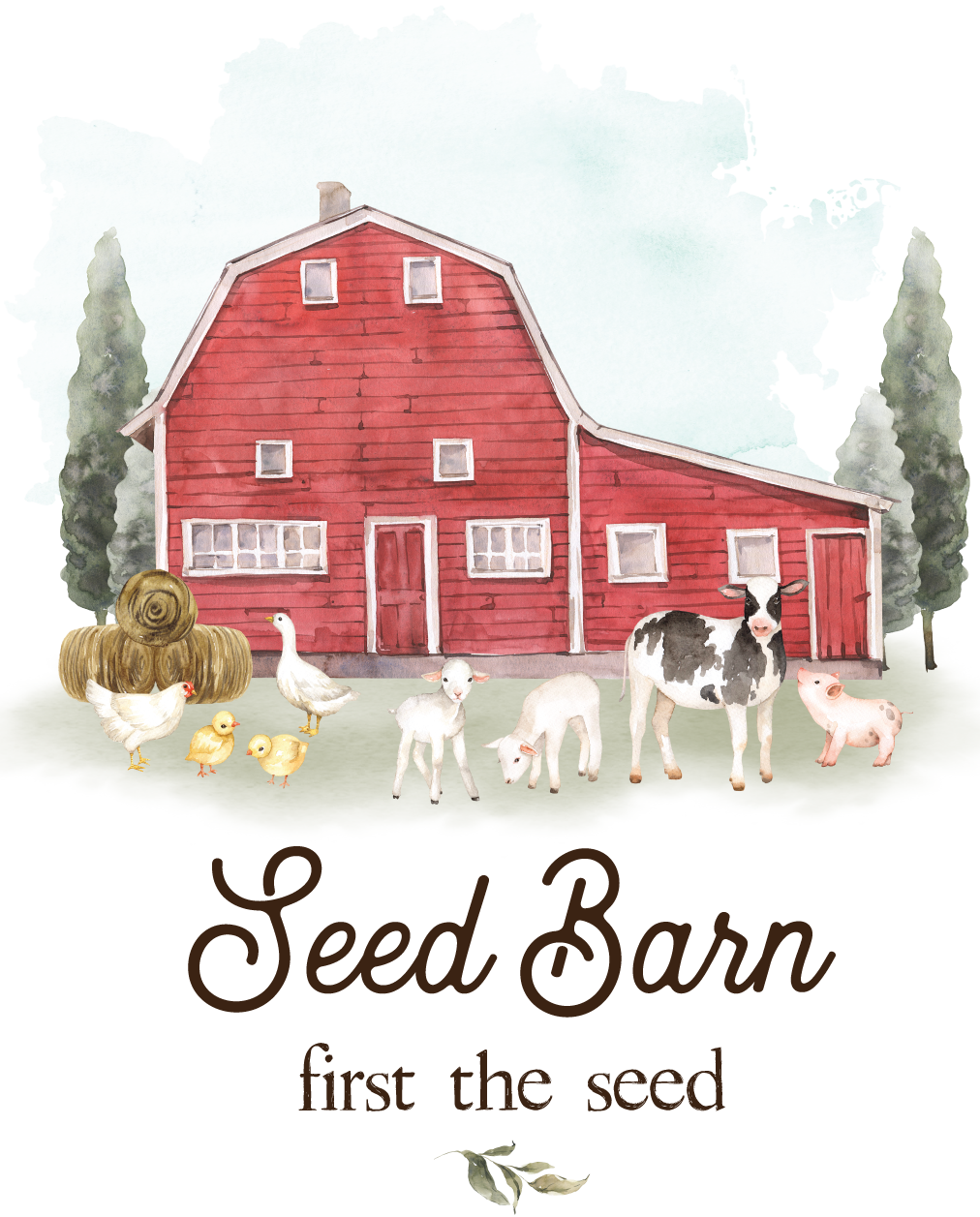Limited Time Free Shipping On The Entire Store
Tel: 813 540 2000 | Mon - Fri 8am - 5pm Est. | Email: support@seedbarn.com
Parentage/origins: Parents unknown. Duncan grapefruit is believed to be the oldest grapefruit variety grown in the United States. Although not named until 1892, it was growing as early as 1830 near Safety Harbor, Florida.
Rootstocks of accession: Carrizo citrange, C-35 citrange
Season of ripeness at Riverside: January to May
Notes and observations:
OJB: The tree is large, spreading, and grows vigorously. The fruit is almost round and has a smooth, light yellow rind. The flesh is very pale yellow, juicy, and seedy. The flavor is considered by many to be superior to similar seedless grapefruit varieties. Duncan is considered to be somewhat early in maturity. The fruit holds well on the tree. As with other grapefruit varieties, it should be grown in locations that can satisfy its high heat requirement.
5/29/2009, DK & TS: Flavor rich, fruity, intense, less bitter; seedy.
Description from The Citrus Industry Vol. 1 (1967):
"Fruit large, oblate to globose or broadly obovate; basal furrows short and radiating; areolar ring faint; seedy. Color pale to light yellow. Rind medium-thick and surface smooth and even. Flesh color buff to chamois-colored; tender, very juicy; flavor pronounced and excellent. Medium-early in maturity.
Tree vigorous, large, very productive, and reputed to be probably the most cold-resistant.
This variety represents the oldest grapefruit clone grown in Florida, though it was not named and introduced until about 1892. As near as can be determined, the parent seedling tree was planted around 1830 near Safety Harbor, on the Pinellas Peninsula, Florida. The seed came from a tree in the original planting made by Count Odette Phillippe, who is credited with having brought the grapefruit to Florida from the West Indies. It was named for the introducer, A. L. Duncan of nearby Dunedin.
Since the grapefruits are highly polyembryonic and all varieties and seedlings in Florida trace back to the planting which contained the seed parent of Duncan, the probability is good that many, if not most, of them represent the same clone. Certainly many of the early named varieties are indistinguishable from Duncan and have been marketed under that name. It has recently been established (Cooper, Reece and Furr, 1962) that the Bowen variety used in some of the early citrus breeding work in Florida was in reality Duncan.
In flavor, Duncan has remained the standard of grapefruit excellence in Florida although seedless varieties have largely displaced it in the fresh fruit markets. With the advent of processing, however, its flavor and better suitability for canning have renewed interest in this excellent variety and it constituted about 7 per cent of the grapefruit planted between 1956 and 1966."
Availability: No longer commercially available in California. This accession no longer has an approved budsource. Please refer to the CCPP for information on another approved budsource or to start a reintroduction inquiry.
USDA Germplasm Resources Information Network page for Duncan grapefruit
Top Notch Guarantee
Fast Free shipping
Traditional Farmers
OMRI Listed Products
By clicking “Accept All Cookies”, you agree to the storing of cookies on your device to enhance site navigation, analyze site usage, and assist in our marketing efforts.
